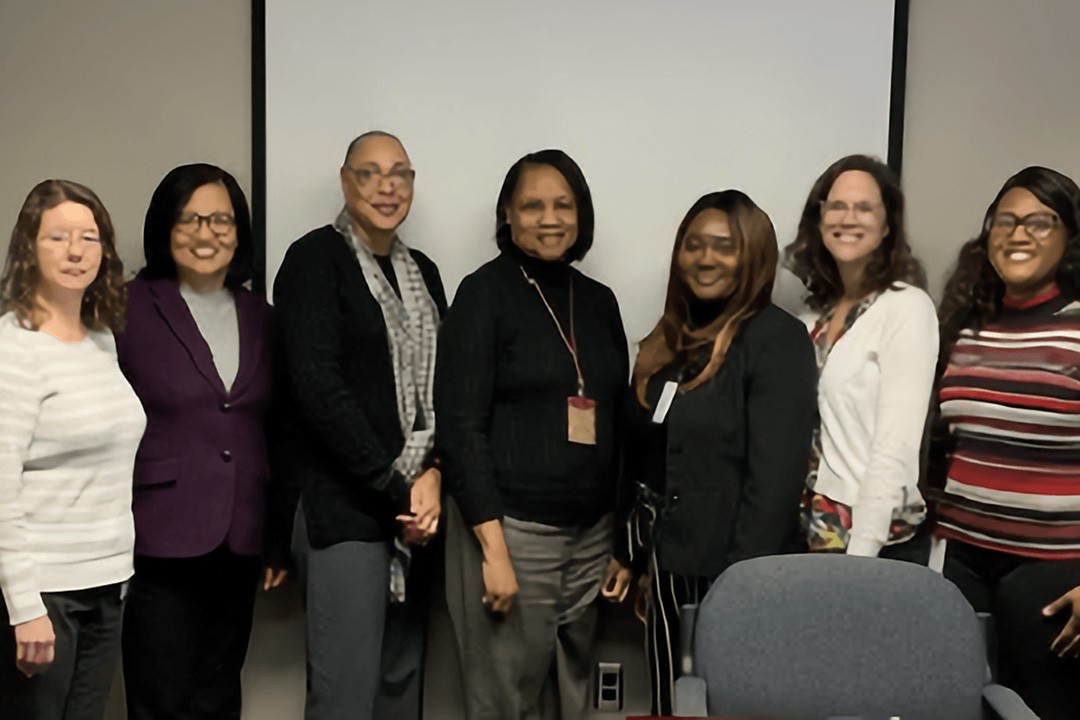
Aim
- Increase by 5% the number of children tested for lead poisoning at 1 and 2 years of age by January 31, 2020.
- Increase by 20% the number of children tested with elevated blood lead levels (EBLLs) confirmed with a venous testing within 12 weeks, per Centers for Disease Control and Prevention guidelines by January 31, 2020.
- Decrease by 15% the number of 3-year-olds who are identified on the first test with blood lead levels (BLLs) ≥ 5 micrograms per deciliter (µg/dL) by January 31, 2020.

Results
Data Resources
- Partnered with Medicaid on data linkage efforts to identify screening rates and gaps in reporting.
- Medicaid audit data were used to assess provider trends and select target areas for public health detailing to providers.
Guidelines and Recommendations
- Reduced the EBLL for Early Intervention (EI) automatic eligibility from 15µg/dL to 10µg/dL. This lower EBLL for EI automatic eligibility enabled more collaboration with the City of Jackson Housing Program and referral for services.
Education, Training, and Outreach
- Engaged providers through in-person communications and webinars.
- Provided educational outreach on lead poisoning prevention and oral health at Baby Cafés in Greenville, Mississippi.
- Provided one-on-one lead poisoning prevention education to parents visiting parenting stations in seven high-risk counties for lead poisoning.
- Parenting stations are an interactive area housed in the health department and in clinics.
- The MSDH Perinatal High Risk and Infant Services Systems case management team interacts one-on-one with expectant and parenting teens and their infants to teach and demonstrate important parenting skills, infant care, and bonding techniques.
- These families receive hands-on learning experiences through nationally approved evidence-based health education modules on additional topics:
Car seat safety and risk management
Oral health, mental health, and healthy choices
Goal setting and identifying key supports
Family planning
Pregnancy and childbirth preparation
Labor and delivery and postpartum care
Basic newborn care, safe sleep, infant development, and parent-child bonding.
- Distributed lead and healthy homes educational materials to all birthing hospitals.
- Contributed to a journal article on lead poisoning prevention.
- Provided education and outreach materials through the following venues:
- Primary care provider conferences, symposiums, and forums (including at
- American Academy of Pediatrics events)
- Mississippi Perinatal Quality Collaborative Annual Conference
- Family Practice Survey/Listserv
- Social Worker Summit
- Southeast Mississippi Rural Health Initiative Conference
- Rural Health Clinic Conference
- Rural Health Lead Poisoning Prevention Webinar.
Partnerships
- Partnered with the Mississippi State Department of Health (MSDH) Pharmacy and pharmacy residents to assist with BLL testing during door-to-door assessments in the city of Jackson.
- Worked with Mississippi State University Extension to create a lead prevention video.
- Established partnerships with early childhood providers; Baby Cafes; home visitors; Women, Infants, and Children (WIC) nutritionists; Occupational Safety and Health Administration consultation outreach; and family organizations.
- Provided oral health materials and supplies to families of children with elevated BLL via home visits.

Resources
- Letter to Mississippi obstetricians and gynecologists along with educational materials sent to other health care providers
- Superkid coloring book
- “Be Aware of Lead and Other Environmental Health Hazards in the Home” curriculum
- Families and Lead Exposure video (available on Mississippi State Department of Health Lead Poisoning Prevention website or on YouTube)
- Common Sources of Lead video (available on Mississippi State Department of Health Lead Poisoning Prevention website or on YouTube)
- Ways to Properly Clean Lead video (available on Mississippi State Department of Health Lead Poisoning Prevention website or on YouTube)
- Ways to Reduce Lead Poisoning in Children video (available on Mississippi State Department of Health Lead Poisoning Prevention website or on YouTube)
Click here to view the full change package of strategies and actions that Mississippi used as they worked to achieve their aims as part of the Maternal and Child Environmental Health Collaborative Improvement and Innovation Network.

Contact
Contact the Mississippi Team:
https://msdh.ms.gov/msdhsite/_static/44,0,360.html
Crystal Veazey, Program Director, 601-576-7447


